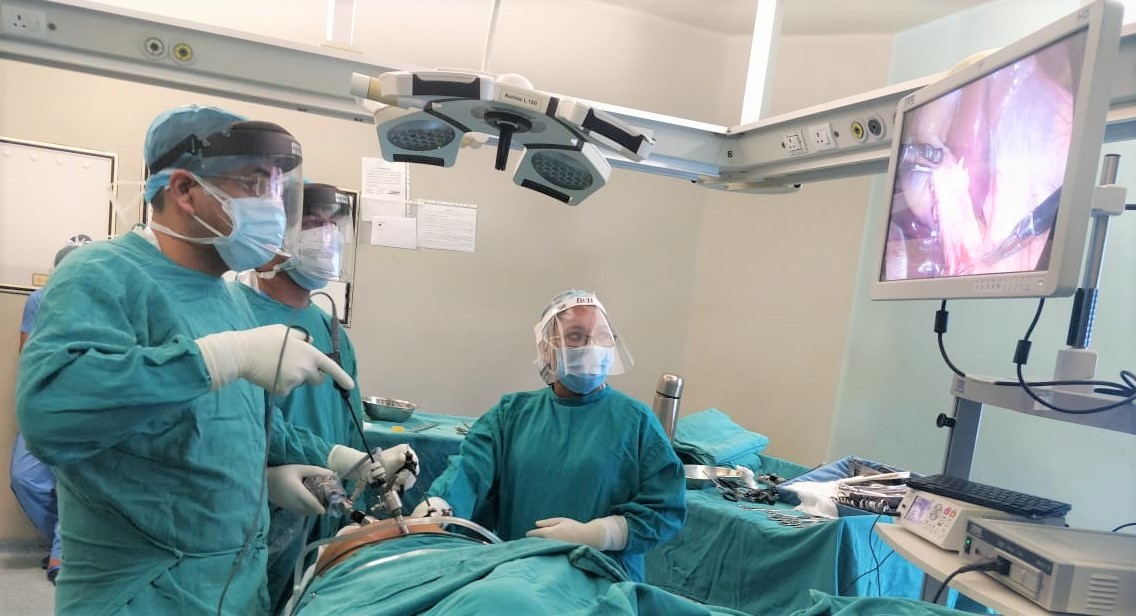Patients consulting with a laparoscopic gynecologist can expect a comprehensive evaluation and discussion regarding their symptoms, medical history, and potential surgical options. Here’s what typically happens during the consultation:
Medical History Review:
- The gynecologist will ask detailed questions about the patient’s medical history, including past surgeries, current medications, allergies, menstrual cycle details, and any previous gynecological issues.
Symptom Discussion:
- Patients should be prepared to discuss their current symptoms in detail, including their onset, severity, duration, and any factors that alleviate or exacerbate them.
Physical Examination:
- A physical and pelvic examination is often performed to assess any abnormalities and to help the laparoscopic gynecologist better understand the patient’s condition.
Diagnostic Tests:
- The gynecologist may recommend additional diagnostic tests such as ultrasounds, MRI, or blood tests to gather more information before making a diagnosis.
Discussion of Diagnosis and Treatment Options:
- The gynecologist will explain any findings from the physical examination and diagnostic tests.
- If laparoscopic surgery is recommended, the gynecologist will explain the rationale for this approach, detailing the benefits and potential risks compared to other treatment options.
Explanation of Laparoscopic Procedure:
- A detailed explanation of the laparoscopic procedure, including how it’s performed, what to expect before, during, and after surgery, recovery time, and potential complications.
- The gynecologist will discuss the specific condition being treated and how laparoscopic surgery can address it.
Preoperative Instructions:
- If surgery is scheduled, the patient will receive instructions on preoperative preparations, such as fasting, medication adjustments, and pre-surgical tests.
Questions and Concerns:
- The patient will have an opportunity to ask questions and discuss any concerns about the procedure, recovery, and outcomes.
Consent Process:
- If the patient decides to proceed with surgery, they will need to sign consent forms after discussing all the details and ensuring they fully understand the procedure and associated risks.
Scheduling and Follow-Up:
- The gynecologist’s office will help schedule the surgery and any necessary preoperative appointments. Follow-up appointments will also be arranged to monitor the patient’s recovery post-surgery.
Overall, the consultation aims to ensure that the patient is well-informed about their condition and the proposed laparoscopic surgery, providing a clear understanding of what to expect throughout the process.





Comments